Africa after Live Aid
Here, you can learn more about the numerous hardships faced across the African continent, and find out how many countries have developed after Live Aid rocked the world in 1985.
SOS Children works in 45 African countries, and has supported children and families living here for more than four decades. Our sustained presence on the continent has helped improve the lives of countless children from Zambia to the Gambia.
Learn more...
Keep watching this page - more countries to come soon...
Ethiopia
A country troubled by internal conflict and plagued by disease and famine, some peace has been restored to Ethiopia since the democracy started to emerge in 1995. SOS Children cares for children in seven locations across Ethiopia, the first of which opened its doors in 1974, eleven years before Live Aid.
South Africa
Despite possessing abundant natural resources and the largest economy on the continent, South Africa faces many problems, including high levels of crime, low employment rates and poverty. SOS Children began work in South Africa in the early 1980s, a few years before Live Aid in 1985.
Rwanda
Life expectancy in Rwanda is as low as 46 years. In 1994, this fragile country faced the worst genocide in modern times, and despite impressive economic growth, remains one of the world's poorest countries. SOS Children has helped children and families in Rwanda since 1978, when we opened our first Village near the capital, Kigali.
Uganda
For decades, Uganda has been infamous for its human rights abuses and violence, culminating in the mass abductions and killings of the Lord's Resistance Army. In recent years, however, the country has recovered to achieve relative peace, stability and prosperity. Our work in the country began three years after Live Aid in 1988.
Zimbabwe
Since 1980, Zimbabwe has endured numerous difficulties, from inflation and food shortages to a disastrous HIV/AIDS crisis. SOS Children has worked in Zimbabwe since 1983, three years before Live Aid, and has continued to expand ever since. We now help families in three locations across the country.
Cote d'Ivoire
Until 1975, the Ivory Coast was the wealthiest country in sub-Saharan Africa thanks to its agricultural exports. Instability has shaken the economy since recession began in 1986 and today, urban poverty has become commonplace in a country where hardship was relatively rare until recent times. SOS Children began caring for families here long before Live Aid, in 1968.
Democratic Republic of Congo
A huge country with an area two-thirds the size of the EU, DRC has huge potential for wealth thanks to vast economic resources. Decades of civil war and corruption have left DRC a fragile country in desperate need of reconstruction. SOS Children began work in DRC in 1989, four years after Live Aid.
Djibouti
Persistent drought and famine means 90% of food in Djibouti must be imported, while chronic water shortages damage harvests and kill livestock. Years of war and autocracy has also taken its toll. SOS Children has recently begun work in Djibouti, and a new Children's Village is set to open soon.
Equatorial Guinea
A small nation, Equatorial Guinea met with success after striking oil in the mid-1990s, and in 2004 was reported to have the world's fastest-growing economy. The benefits have not been widely enjoyed, however. Today, one in five children dies before reaching the age of five.
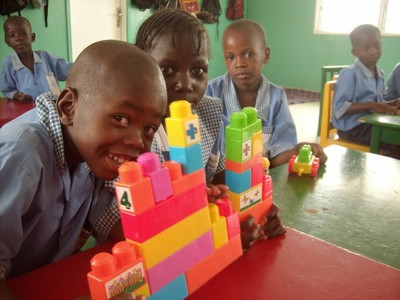 The Gambia
The Gambia
One of the world's smallest countries, The Gambia has experienced much stability since independence. However, life expectancy is as low as 56 years, and rates of infant mortality are high. SOS Children had recently begun work in The Gambia at the time of Live Aid.
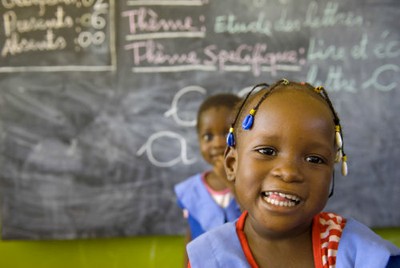 Guinea
Guinea
Despite huge mineral wealth, 82% of Guineans live in poverty. Though life expectancy has steadily increased in the years since Live Aid, many people lack access to clean water, sanitation and healthcare. SOS Children has helped since
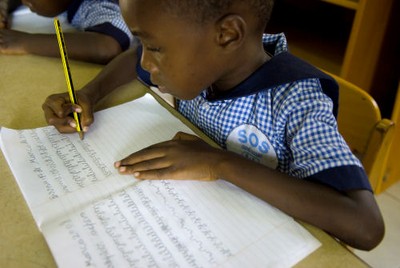 Guinea-Bissau
Guinea-Bissau
Though once recognised as a model for African development, Guinea-Bissau has becomes one of the world's poorest countries. Civil war raged throughout the 1990s, and political unrest continues to disrupt lives to this day. SOS Children began work in Guinea-Bissau nine years after Live Aid.
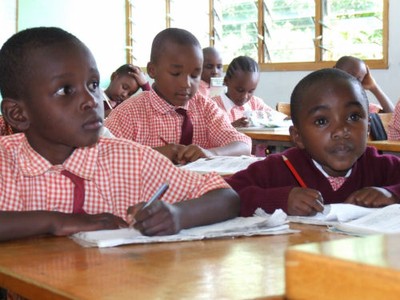 Kenya
Kenya
Though once recognised as a model for African development, Guinea-Bissau has becomes one of the world's poorest countries. Civil war raged throughout the 1990s, and political unrest continues to disrupt lives to this day. SOS Children began work in Guinea-Bissau nine years after Live Aid.
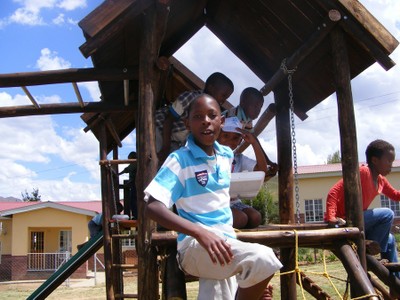 Lesotho
Lesotho
Though once recognised as a model for African development, Guinea-Bissau has becomes one of the world's poorest countries. Civil war raged throughout the 1990s, and political unrest continues to disrupt lives to this day. SOS Children began work in Guinea-Bissau nine years after Live Aid.
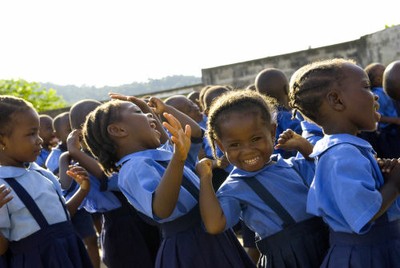 Liberia
Liberia
Though once recognised as a model for African development, Guinea-Bissau has becomes one of the world's poorest countries. Civil war raged throughout the 1990s, and political unrest continues to disrupt lives to this day. SOS Children began work in Guinea-Bissau nine years after Live Aid.
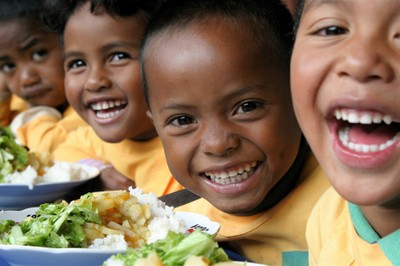 Madagascar
Madagascar
Though once recognised as a model for African development, Guinea-Bissau has becomes one of the world's poorest countries. Civil war raged throughout the 1990s, and political unrest continues to disrupt lives to this day. SOS Children began work in Guinea-Bissau nine years after Live Aid.
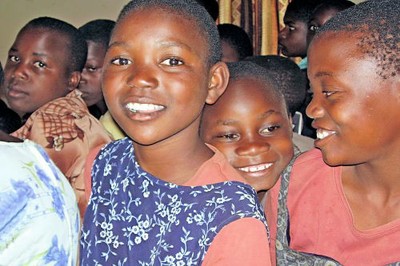 Malawi
Malawi
Though once recognised as a model for African development, Guinea-Bissau has becomes one of the world's poorest countries. Civil war raged throughout the 1990s, and political unrest continues to disrupt lives to this day. SOS Children began work in Guinea-Bissau nine years after Live Aid.
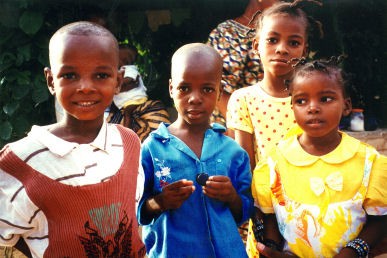 Mali
Mali
The second-largest country in Africa, a third of the area of landlocked Mali is taken up by the mighty Sahara Desert. Regular droughts leave its beleaguered population without water much of the time, and 23 years of military dictatorship have left the country economically underdeveloped. SOS Children began work in Mali two years after Live Aid.
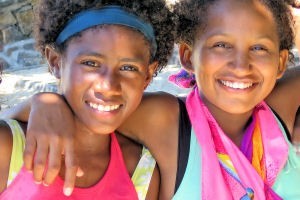 Mauritius
Mauritius
The small island of Mauritius is located around 500 miles off the eastern coast of Madagascar. Though it is a popular tourist destination, poverty and inequality affect many in Mauritius, as well as problems associated with increasing industrialisation, such as crime and drugs. Beginning work in Mauritius five years after Live Aid took place, SOS Children has provided care to the island's families since 1990.
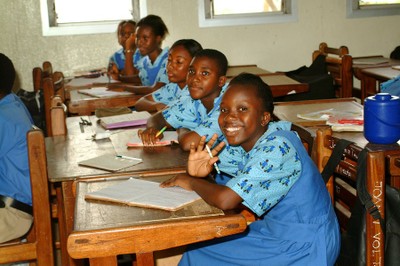 Ghana
Ghana
Though Ghana's economy is ahead of the African trend, many problems persist, such as a shortage of clean drinking water for the country's population. Consequently, waterborne disease is common, and cholera, typhoid and diphtheria continue to claim many young lives. For 40 years, SOS Children has provided care to children in Ghana, offering emergency relief at time of crisis and long-term support to families and children.
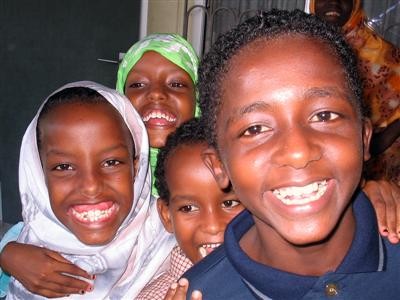 Somalia
Somalia
Located in the eastern Horn of Africa, Somalia is one of the world's poorest countries. Wartorn since 1991, prolonged droughts have increased the pressure on stricken families. Civil unrest has led to the absence of a central government until 2012, a period during which the health and education system were non-existent. SOS Children began work in Somalia in the year of Live Aid, 1985.
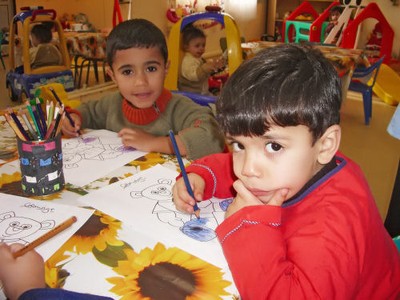 Algeria
Algeria
The largest African country, Algeria lies on the Mediterranean Sea, at the very north of the continent. The Sahara Desert covers four fifths of the land, and with a dry climate and extreme heat, only a small proportion of the land is arable. SOS Children runs a Children's Village in impoverished Draria, providing support to a densely packed population.
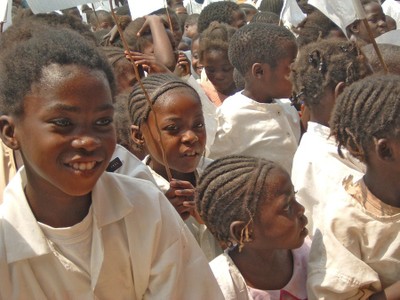 Angola
Angola
In spite of steadily improving social conditions since the end of the war in 2002, huge problems remain for Angola on the path to development. Poverty, youth unemployment and other hardships mean that as of 2012, Angola was ranked 148th on the Human Development Index. SOS Children began work in Angola nine years after Live Aid, in 1994.
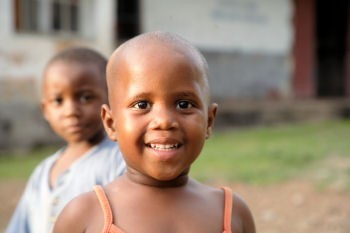 Burundi
Burundi
The small country of Burundi has the second-largest population density in sub-Saharan Africa. In 1994, ethnic tensions erupted in one of Africa's most persistent conflicts. SOS Children has worked in Burundi since 1976, long before Live Aid.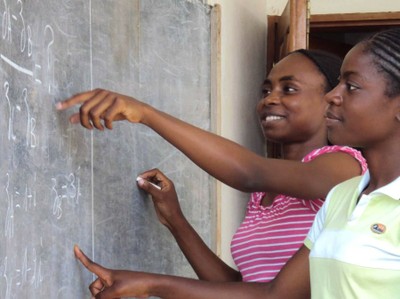 Cameroon
Cameroon
The western state of Cameroon has benefited from the onset of industrialisation, and literacy rates are amongst the highest on the continent. Although the economy remains largely agrarian, Cameroon was one of Africa's most prosperous countries for nearly 25 years after independence. However, human rights abuses and corruption in the government have troubled Cameroon's political landscape, and deep recession in the 1980s hindered economic progress. SOS Children has worked in Cameroon since the 1990s.
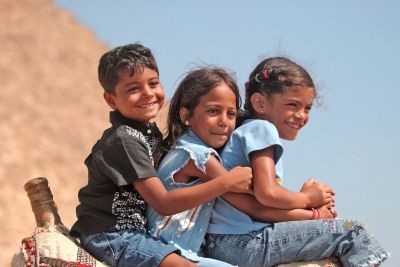 Egypt
Egypt
The wealthiest country on the African continent, Egypt has a highly developed economy. Despite its prosperity, instability has characterised Egyptian politics since the Arab Spring of 2011 and violence broke out again in the summer of 2013. SOS Children has supported families in Egypt since 1977, long before Live Aid.
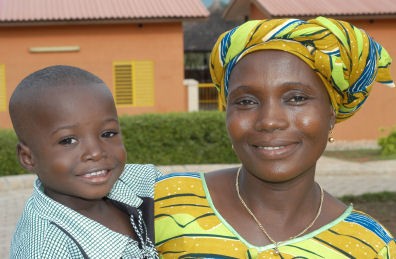 Benin
Benin
Though it is one of Africa's most politically stable countries, Benin has suffered economic hardship over recent years and about a third of children suffer chronic malnutrition. The economy relies heavily on trade with its eastern neighbour, and the next most-important sector, agriculture, has suffered ongoing problems thanks to a lack of modern farming techniques. SOS Children has worked in Benin since the year of Live Aid.
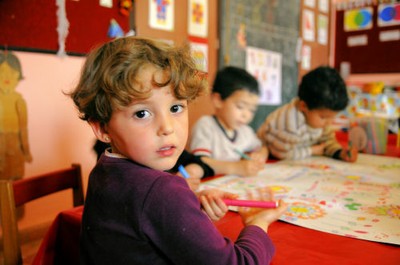 Morocco
Morocco
Morocco achieved independence many years before many of its neighbours. Though poverty is relatively low compared to many African countries, hardship is commonplace in rural parts. SOS Children has been working in Morocco since the 1980s...
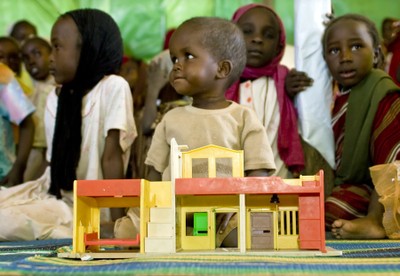 Chad
Chad
Though rich in many resources, poverty is rife in Africa's fifth-largest nation. Since independence, religious and political divisions have driven instability and violence. The wealth created by the country's oil wealth has yet to reach those most in need, and today Chad languishes near the bottom of the Human Development Index. SOS Children have been helping since 1988, three years after Live Aid...
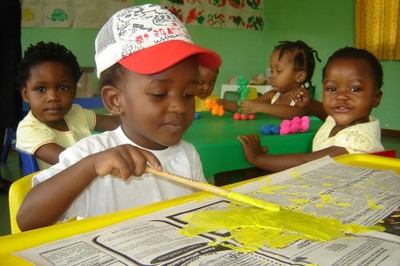 Botswana
Botswana
When it gained independence from Britain in 1966, Botswana was one of Africa's poorest countries. Today, this small country has undergone an extraordinary transformation into one of the world's fastest growing economies. Nevertheless, HIV/AIDS is a big problem and pockets of poverty remain. While living standards have increased for many, hardship is widespread in rural Botswana, and change is still needed. SOS Children has worked in Botswana since 1980...
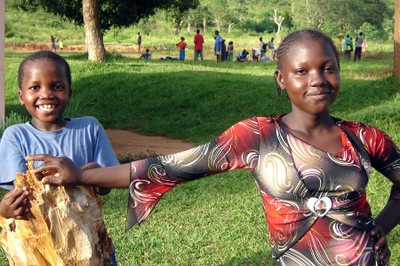 Central African Republic
Central African Republic
The Central African Republic (CAR) has remained unstable since independence in 1960. One of the world's least-developed countries, CAR has yet to exploit its extreme mineral wealth to the benefit of its people. Change has dominated the political landscape for decades, destroying infrastructure and leaving children without schools and families without healthcare. SOS Children has helped since the late 1980s...
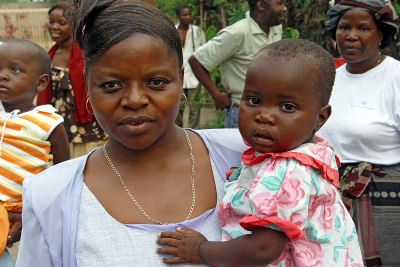 Mozambique
Mozambique
After decades of hardship, Mozambique has enjoyed relative stability and economic development since the early 1990s. However, frequent natural disasters often undo the benefits of progress, hitting infrastructure hard. Many people in Mozambique still struggle to meet their daily needs. SOS Children began work in Mozambique during the civil war of the 1980s, and has continued to help families overcome difficulty ever since.

 Return to Schools Wikipedia Home page…
Return to Schools Wikipedia Home page…
